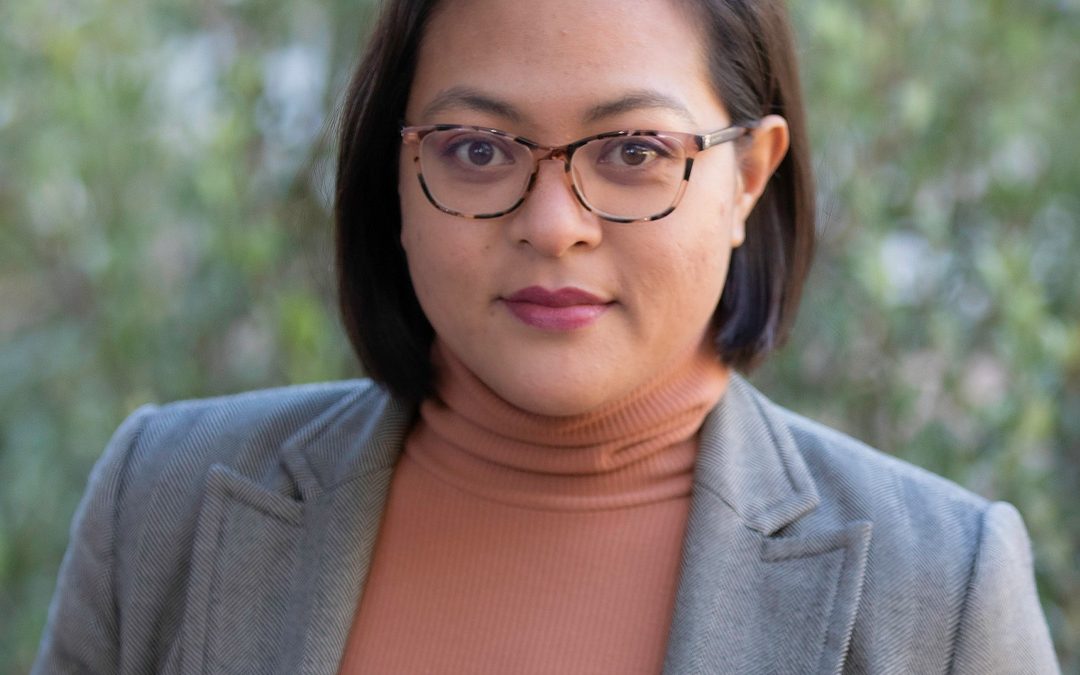We are proud to welcome Charisse Iglesias to the CCPH team! Based in California with a PhD in Rhetoric and Composition from University of Arizona, Charisse will support RADx-UP and other CCPH projects as a Training & Content Development Specialist. We asked her a few questions about her work and what brings her to CCPH. Check out her bio to learn more.
What made you decide to join CCPH?
When I directed the University of Arizona college-pathway community writing program, Wildcat Writers, my predecessor suggested I look into Community-Campus Partnerships for Health for the latest developments in community engagement and community partnerships. After finishing my PhD, I knew I wanted to contribute to establishing the frameworks and training to help other community-engaged practitioners and found CCPH as the perfect home for that!
Tell us about the work you’ll be doing to support RADx-UP and CCPH.
As the Training and Content Development Specialist for CCPH, I will work across the organization to create, adapt, and standardize training workshops for our five internal projects as well as external funders who require technical support in research ethics, structural racism, and the fundamentals of community engagement.
You have a PhD in Rhetoric and Composition. How have you used writing and media to engage with community members on public health issues?
Rhetoric is the Swiss Army Knife for thinking and writing. As communicators, we use various tools to appropriately convey messages. We use different tools for different purposes and different audiences. Public health communication is no exception to this. I believe the way we frame certain experiences and world events greatly influences how people perceive those experiences. As the Training and Content Development Specialist, I will use writing and media in my training workshops to better convey complex theories into palatable, bite-size pieces that anyone can understand and implement in their own community partnerships. The purpose of rhetoric is to be aware of how we use our tools for various goals. By using the appropriate tools, we can strive toward a public health future that prioritizes health equity and social justice.





